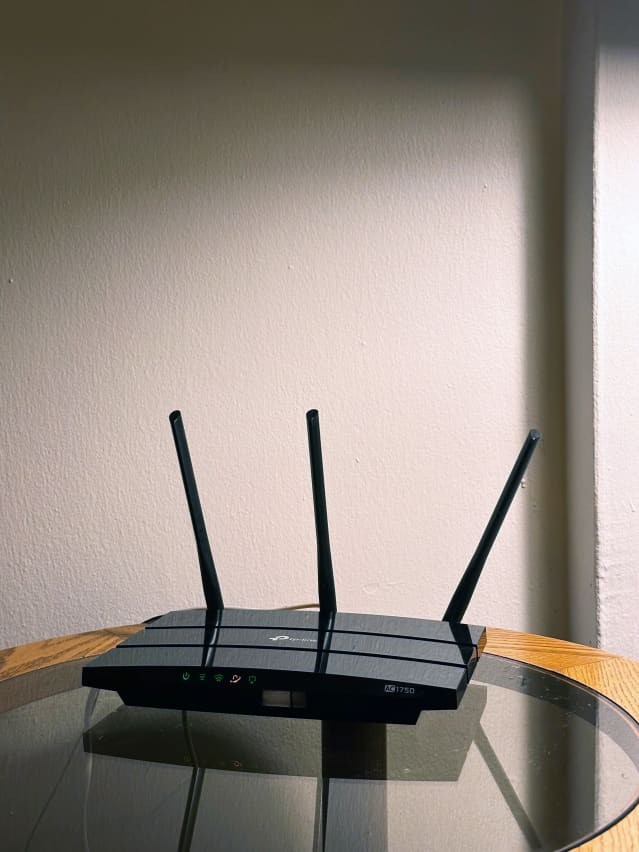
Chinese networking giant TP-Link, which dominates the US router market, may face a ban on sales of its products in 2024 amid mounting national security concerns from US authorities.
Multiple US government agencies, including the Commerce, Defense, and Justice departments, have launched investigations into TP-Link's operations, according to reports from the Wall Street Journal. The Commerce Department has already issued a subpoena to the company.
TP-Link currently holds approximately 65% of the US router market for homes and small businesses, with eleven of Amazon's top twenty best-selling routers coming from the Shenzhen-based manufacturer. The company recently expanded its market share by another 5% in the third quarter of 2023 alone.
Security experts have identified several concerning issues with TP-Link devices. In October 2023, Microsoft uncovered a network of compromised devices, predominantly TP-Link routers, being used by Chinese hackers to target Microsoft Azure customers, including government organizations and Defense Department suppliers. The network, named CovertNetwork-1658, comprised over 16,000 devices at its peak.
The investigations also focus on TP-Link's pricing strategy. The Justice Department is examining whether the company's notably low prices violate anti-monopoly laws by potentially selling products below manufacturing costs.
A spokesperson for TP-Link's California business unit stated the company welcomes opportunities to demonstrate their security practices align with industry standards. Meanwhile, the Chinese embassy in Washington criticized the potential ban, stating that the US is using national security as a pretext to target Chinese companies.
The final decision on implementing a ban would likely fall to the incoming Trump administration, which has historically taken strong positions on Chinese technology companies. If enacted, the impact on millions of existing TP-Link customers remains unclear.